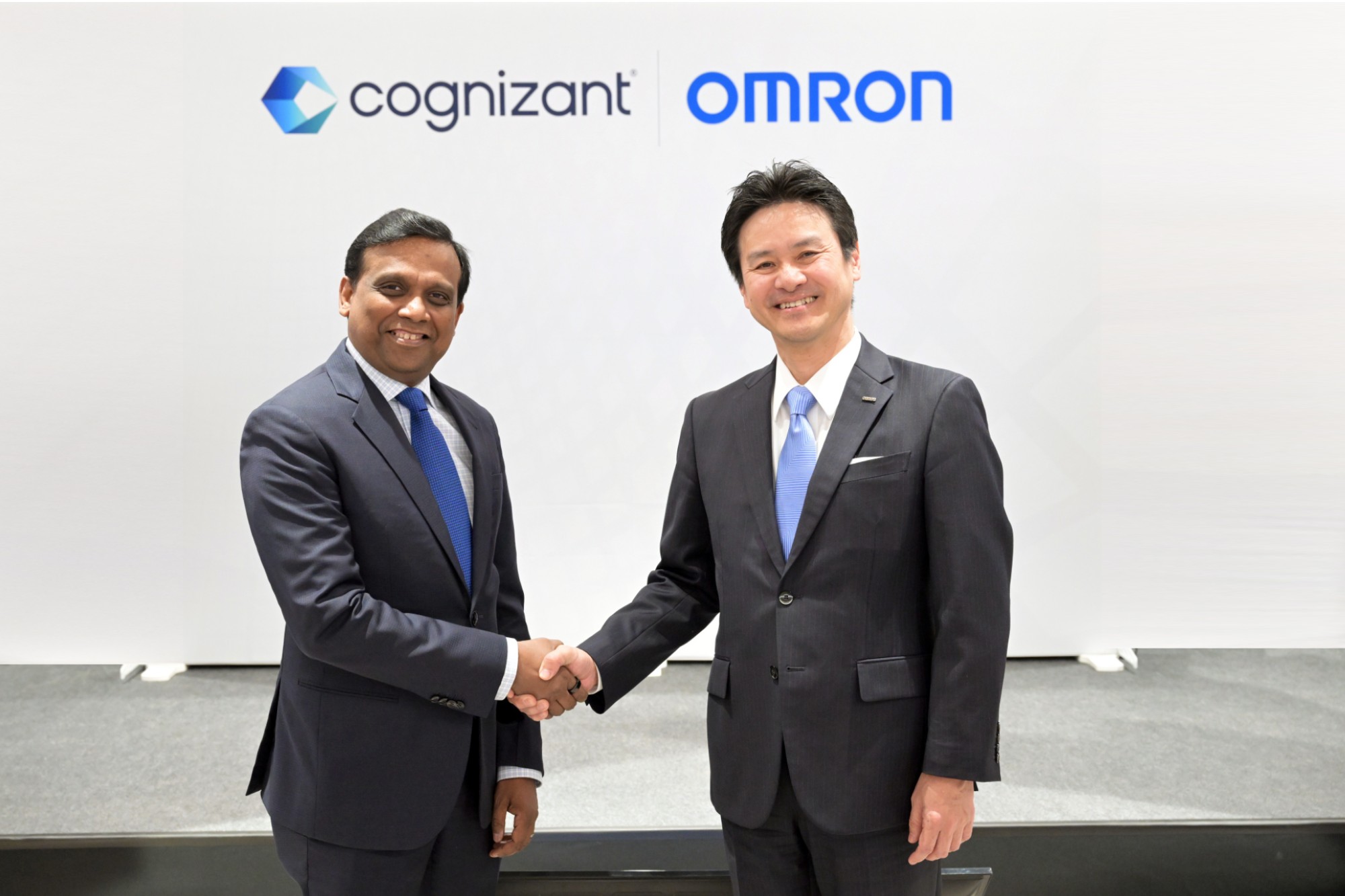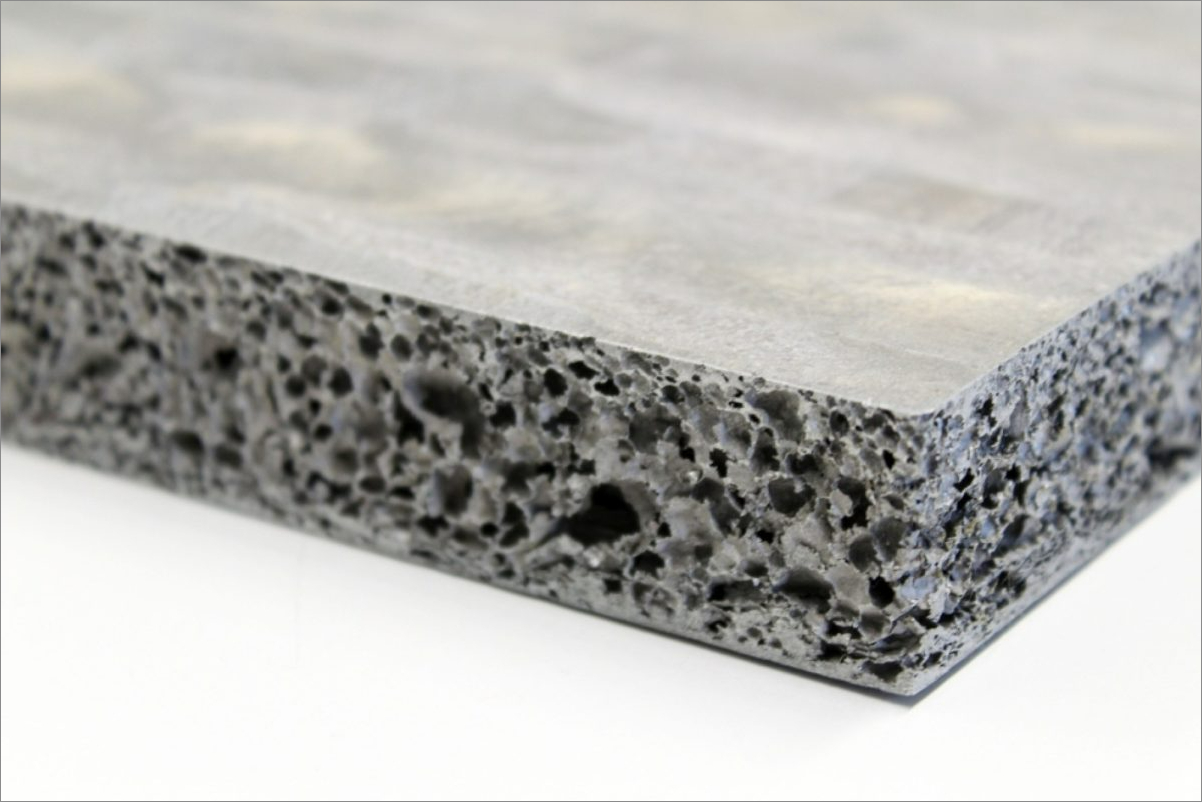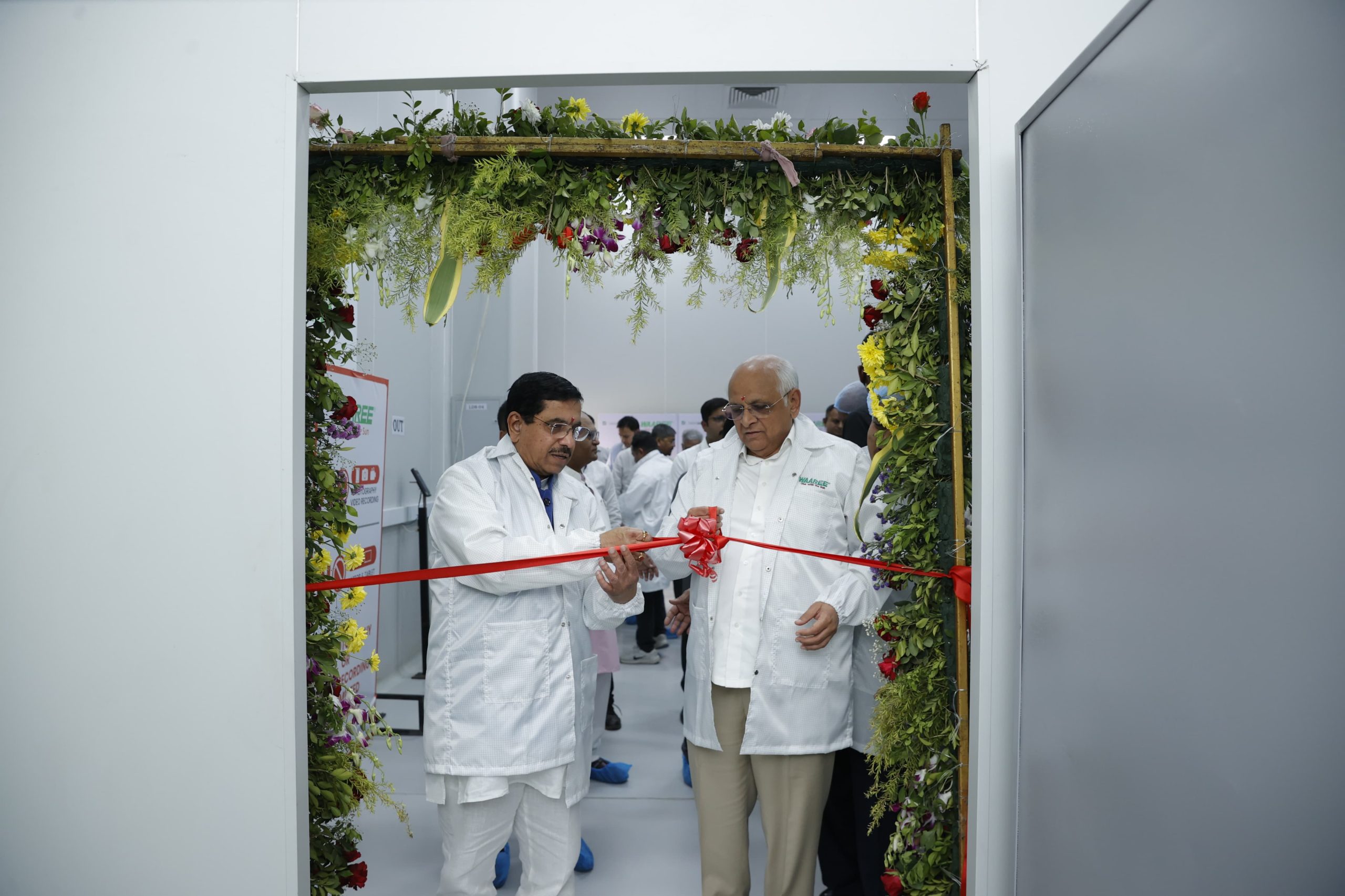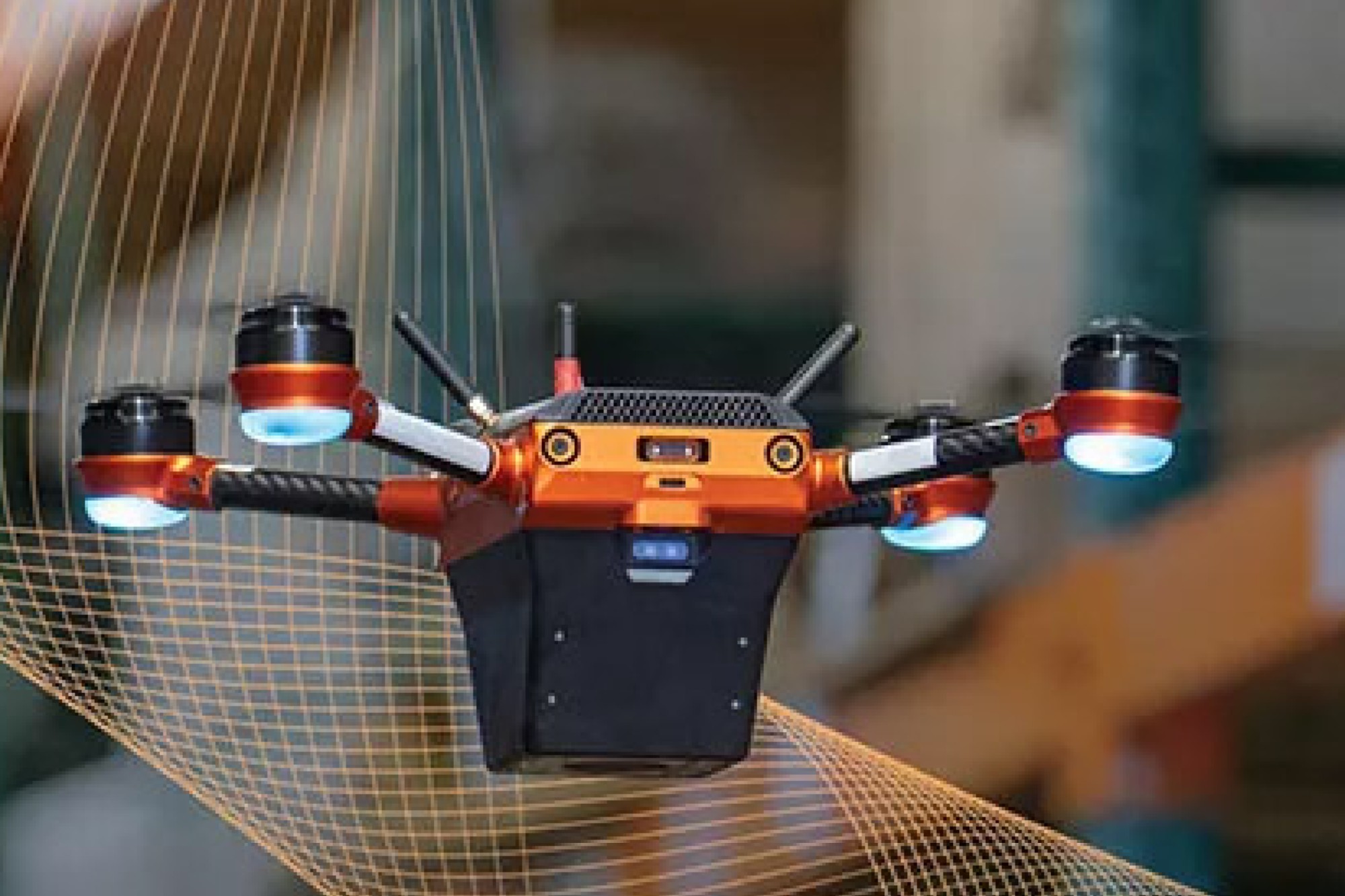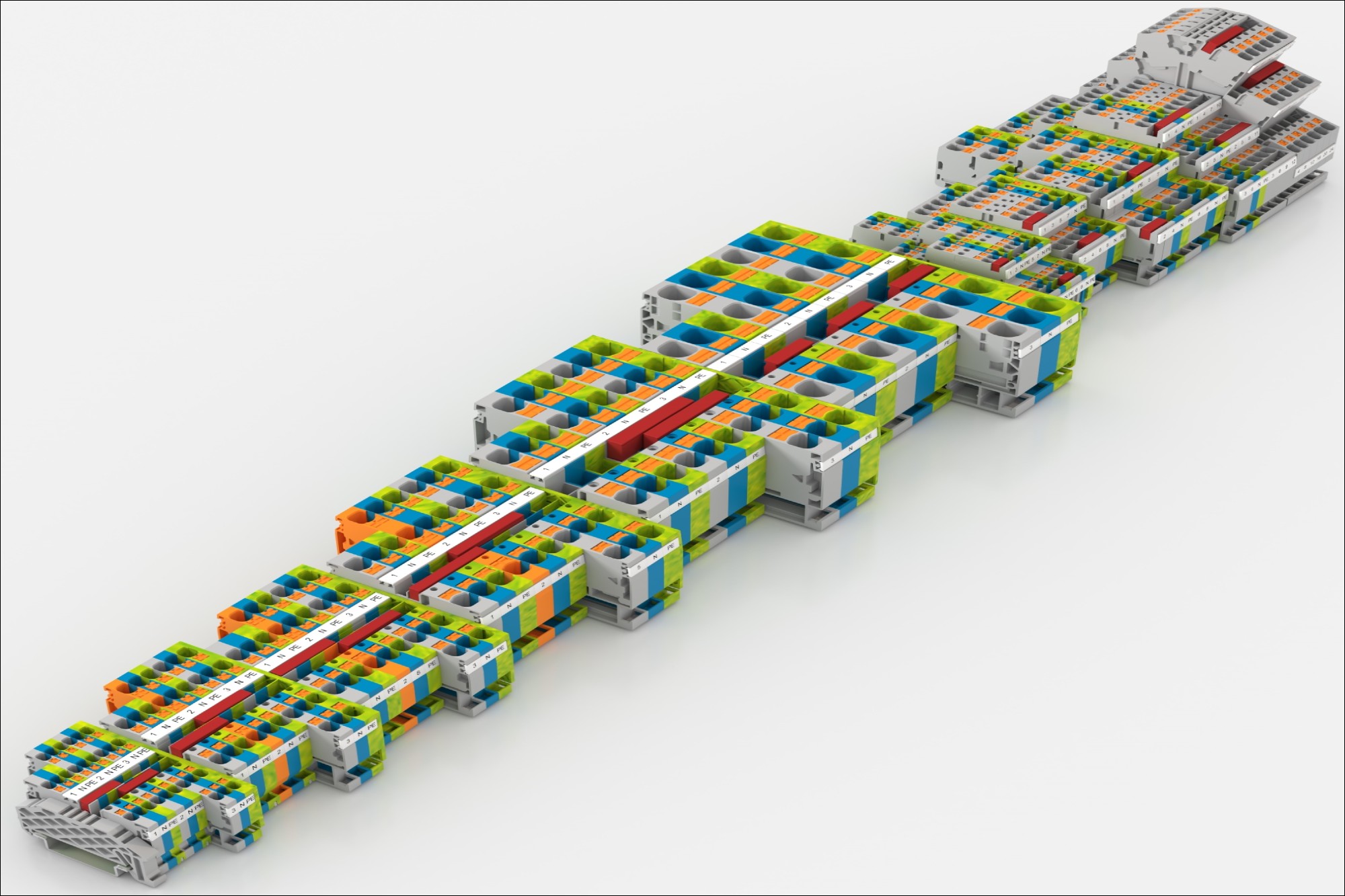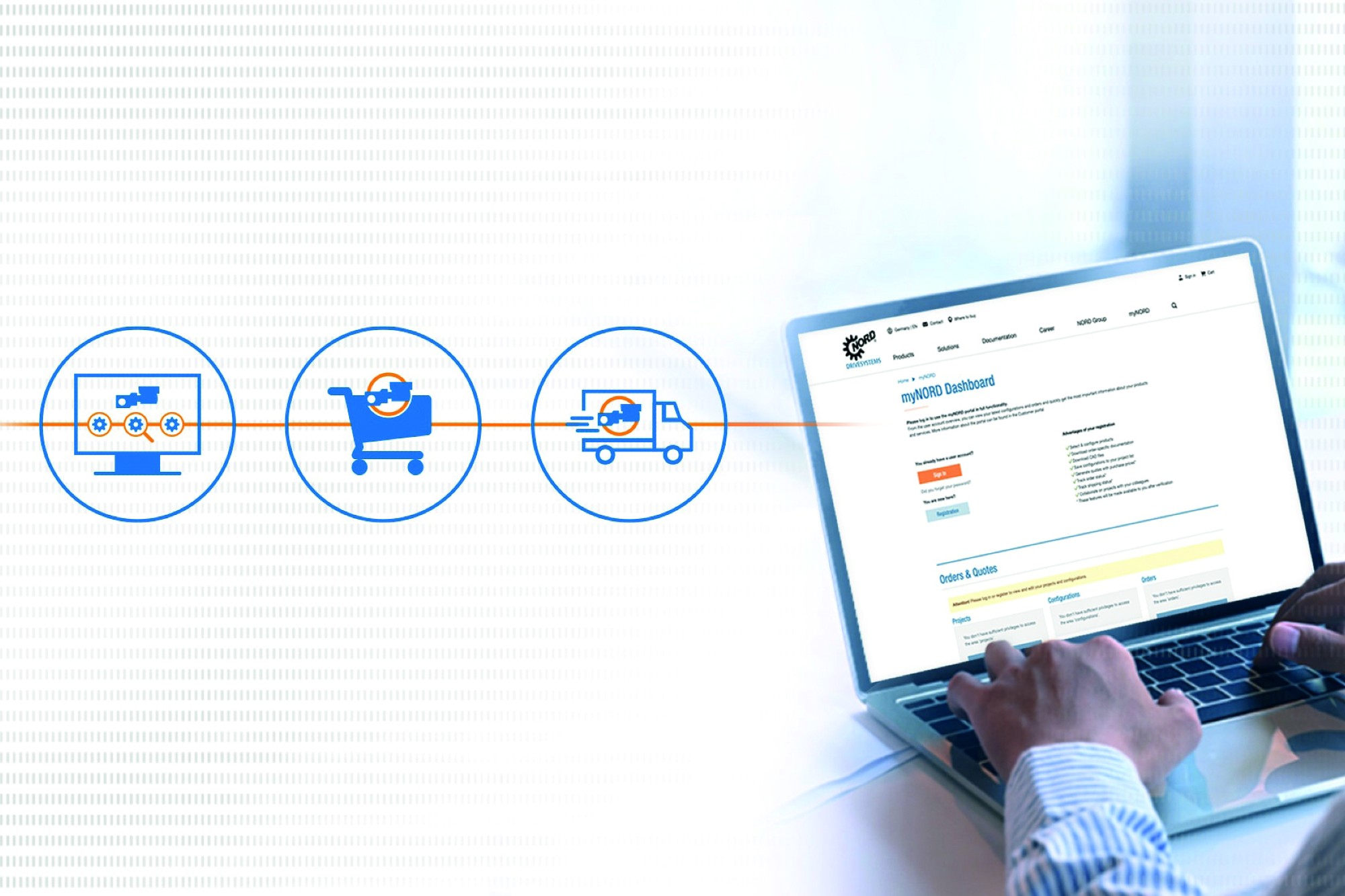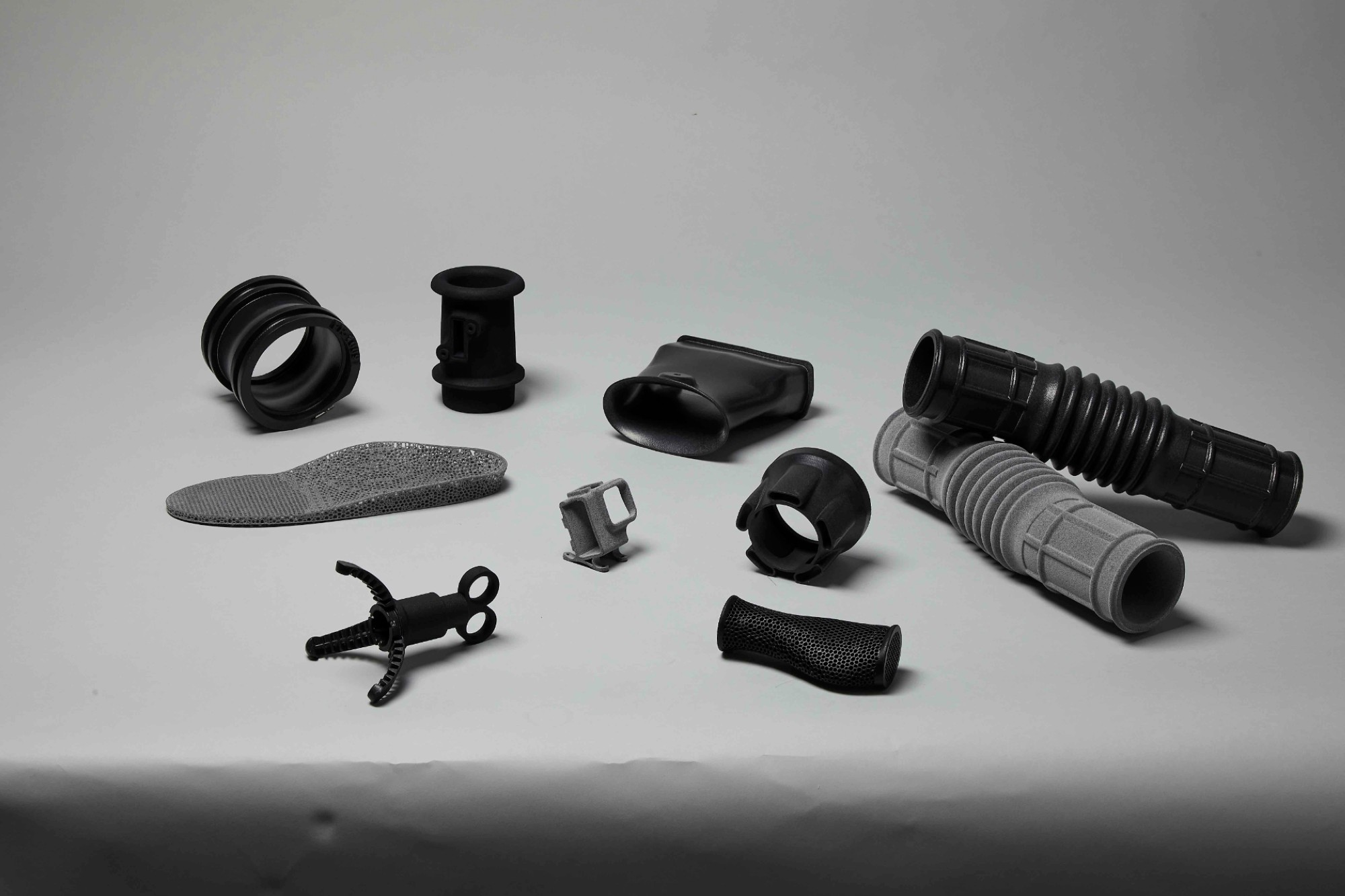Smart Factory
By admin August 27, 2015 2:48 pm IST
How IT is revolutionising industrial manufacturing environment
What is ‘smart factory’With the revolution in the field of Information Technology (IT), ‘smart’ has become the new buzzword. ‘Smart factory’ and ‘Industry 4.0’ are the two new terms that are shaping the direction of today’s manufacturing environment.
David Orgaz D’Hollander, Senior Vice President Asia Pacific, Process Automation, Schneider Electric defines ‘smart factory’ as an integrated and fully interconnected network of smart assets working together in an intelligent and coordinated manner, managing every aspect of the manufacturing process from end-to-end. “Each smart asset is equipped with its own ‘brain’ and a database of all available data about itself, enabling it to present useful information or ‘facets’ to different operation personnel, and is also equipped with its own intelligence to allow it to optimise their own productivity and efficiency,” he says.
In a smart factory, enabling technologies like Ethernet IP-based networks, the foundation of Industrial Internet of Things (IIoT), will be utilised to build a fully interconnected network of smart assets within the framework of the factory, making data within these smart assets accessible from the field right through to the enterprise level of a business. “By combining the data within these smart assets with operational intelligence (big data, analytics, asset performance information), manufacturing plants can now extract more value from their assets, and move from passive process automation and decision support to intelligent, semi-autonomous decision making systems,” Mr D’Hollander adds.Manish Walia, Vice President, Industrial Automation Business Group, Delta India explains ‘smart factory’ as where the manufacturing process has adopted intelligent, dynamic and environmentally sustainable technologies. High-performance, reliable communication technology and energy-efficient automation process are the primary aspects of smart manufacturing process. “A ‘smart factory’ also concentrates on easier management, optimum utilisation of resources and a clear cost savings,” he adds.
Whereas, a senior spokesperson from Mitsubishi Electric describes the concept of ‘smart factory’ as a vision of what industrial production will look like in the future. Factories in the future will be much more intelligent, flexible and vibrant. He said, “Today, most factories are running fixed program operations. In contrast, in a smart factory, machinery and equipment will have the ability to improve processes through self-optimisation and autonomous decision making.”
In the future, all forms of advanced industry will have to become more intelligent in order to compete effectively. This intelligence comes from advanced integrated circuits (ICs) that provide sensing, measurement, control, power management and communication – both wired and wireless. The shop floor of a smart factory consists of intelligent, networked machines that operate autonomously to achieve mass customisation of intelligent, networked products.
Smart factories are designed keeping in mind the sustainability and service-oriented business practices. High levels of automation come as the standard in a smart factory. With the current global economic meltdown adding to the pressure on an already under-pressure manufacturing industry, a smart factory requires production and administrative processes to come together via IT systems in order to optimise the use and capacity of machines and lines.
Smart factory production brings numerous advantages over conventional manufacture and production. Traditionally, factory automation has been optimised to produce identical or nearly identical goods efficiently and rapidly to achieve cost reductions from volume production. Product variation and design changes often require some degree of flexibility to be built into the process. This flexibility usually requires downtime for resetting equipment and retooling, which can diminish volumes and increase costs. Greater electronic intelligence can enhance the manufacturing process to provide flexibility while keeping costs low and improving quality, reliability and safety.
Also, when intelligent equipment in the factory can handle product variations automatically, smaller production runs become possible without significantly increasing production costs. In this way, smart factories allow greater product diversity and facilitate shorter life cycles for products that have to change rapidly, the spokesperson from Mitsubishi Electric adds.
Industry 4.0 is a vision of tomorrow’s manufacturing and a culmination of concepts like smart factories, cyber physical systems, Internet of Things (IoT) and big data. It promotes the computerisation of manufacturing with the goal of achieving resource efficiency and value chain integration. According to the Industry 4.0 working group, smart factories and the IoT will be reality by 2025. According to Shyam Padwal, Manager – Marketing, B&R Industrial Automation, “Manufacturers will be able to react to future market trends with mass customised products, while keeping costs steady and reducing time-to-market. Machines and plants will be capable of self-configuration, self-diagnosis and self-maintenance.”
Industrial automation in achieving ‘smart manufacturing’Industrial automation has a lot of potential in manufacturing facilities, regardless of size, intricacy or the type of industry. It is characterised by an increasing decentralisation of the automation functions. One added factor is that production-related and administrative information systems such as enterprise resource planning (ERP), manufacturing execution systems (MES) and automation systems have to be linked efficiently to each other to permit the prompt procurement of materials.
Automation guarantees that all production-related data on order and material streams, costs and product quality from the various IT systems and production sectors, and from the shop floor system, is merged and made available in real time.
Today’s concept of industrial automation is based on having one centralised ‘brain’ collecting information from the manufacturing assets to facilitate production decisions. In ‘smart manufacturing’ the intelligence is decentralised, with each of the smart assets within the factory, having full information about itself, and equipped with the processing power to optimise their own productivity and efficiency. These smart assets are also hyperconnected to optimise and coordinate each step of the manufacturing process.
Smart assets are already available in the market today with the new generation of process automation systems and smart field instrumentation. Hyper connectivity that allows smart assets to be fully interconnected from the field to the enterprise is also already available in the market. According to Mr D’Hollander, all these enabling technologies are progressively being adopted in industrial automation to assist manufacturers attain new levels of productivity and intelligence, a pre-requisite to competing in a connected global market.
According to Mr Walia, “Highly-automated, advanced factories help in maximising the resource utilisation, optimising the productivity and also ensuring that the consumers get safe, quality products. It also facilitate in high performance, sustainable and energy efficient manufacturing process. Flexible, reconfigurable and scalable manufacturing equipment can respond to fast-changing consumer preferences. Intelligent machines can monitor their own health, throughput and yield, and report corrective action to maintenance staff.”
Industrial automation plays a pivotal role in smart factories. Sharing his comments on this important aspect, Sameer Gandhi, Managing Director, Omron Automation, India says, “For a factory to be smart, it must be able to gather all the data together. It must be able to pick up the basic data – the data from the sensors and controllers – everything has to be there, and that is where industrial automation comes in.”
Earlier a lot of data was in pockets, not connected to each other, but for a smart factory, all of this data must be collated together. “For achieving this real time data collection and collation, a prime requirement is high speed integrated networks. Hence, the kind of high speed industrial networks that Omron provides are a must for smart factories,” Mr Gandhi suggests.
The other aspect of smart factories where industrial automation will play a role is that a data from the field – the machines – needs to be connected to the manufacturing system. Typically this data was earlier being exchanged using an OPC server which means that amount of data needed to be exchanged was limited also the speed was slow. Now, using the new technology, the PLC can directly communicate with the ERP or the MES achieving a two-way communication. It is much faster and can transfer ‘to and fro’ large amounts of data.
However, Mr Padwal says, smart manufacturing calls for a flexible plant operations with minimum time to reprogram. Manufacturing will be focusing on reducing cost, maintaining quality and be faster to the market. “To be competitive and adaptive in a large market place, investment in automation is imperative,” he adds.
Automation will help in implementation of good manufacturing practices, and can provide the continuous documentation required for compliance with standards. Industries like automotive and pharmaceuticals are leveraging industrial automation to produce higher quality goods for their respective customers, which results in a win-win situation for all stake holders. Self diagnosing and maintaining machines would be reality in Industry 4.0. Commenting on this aspect, Mr Padwal suggests, “We need to rethink today’s maintenance strategy and move away from reactive to a condition-based as well as predictive maintenance. This will reduce the operational cost by reducing the shut downs, minimising the inventory and unnecessary repairs. In case of failure of one of the equipment, other connected equipment will help to reduce the wastage by adjusting the intake of the raw material autonomously. Another contribution would be in terms of providing a safe environment for the equipment as well as humans, minimising the risk to these valuable assets.”
Smart SolutionsSchneider Electric has amassed decades of experience in managing data at the plant level and adding innovation to automation, leading to simpler, safer and more flexible processes and machines. “Our long history of innovation in open architectures and Internet-based technologies puts us in a better position than many of our competitors to deliver the promise of the smart plant,” claims Mr D’Hollander. As an innovative global technology company with a strong position in integrated industrial automation, software and energy management, Schneider Electric delivers automation solutions that address both: the challenges of today and the opportunities tomorrow. Opportunities brought about by the advent of the IoT, Industry 4.0 and Big Data and the ongoing evolution of technology, will be adopted in our offering to further enhance our client’s ability to address automation challenges.
“Our work on a pervasive Ethernet solution coupled with our platform for our smart connected assets will bring intelligence to the plant and increase the flexibility and collaboration of our solutions,” Mr D’Hollander said.
Cookie Consent
We use cookies to personalize your experience. By continuing to visit this website you agree to our Terms & Conditions, Privacy Policy and Cookie Policy.





